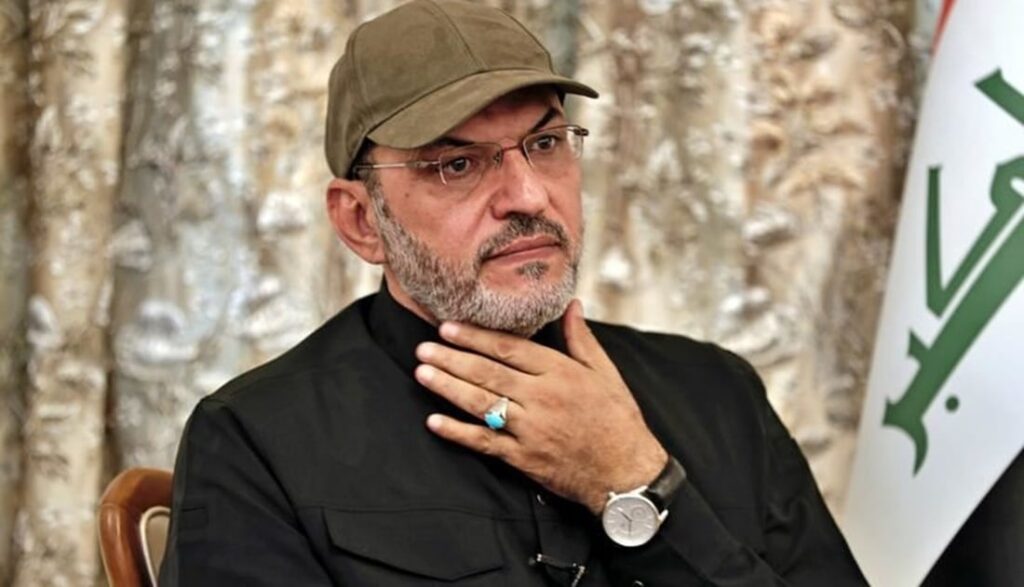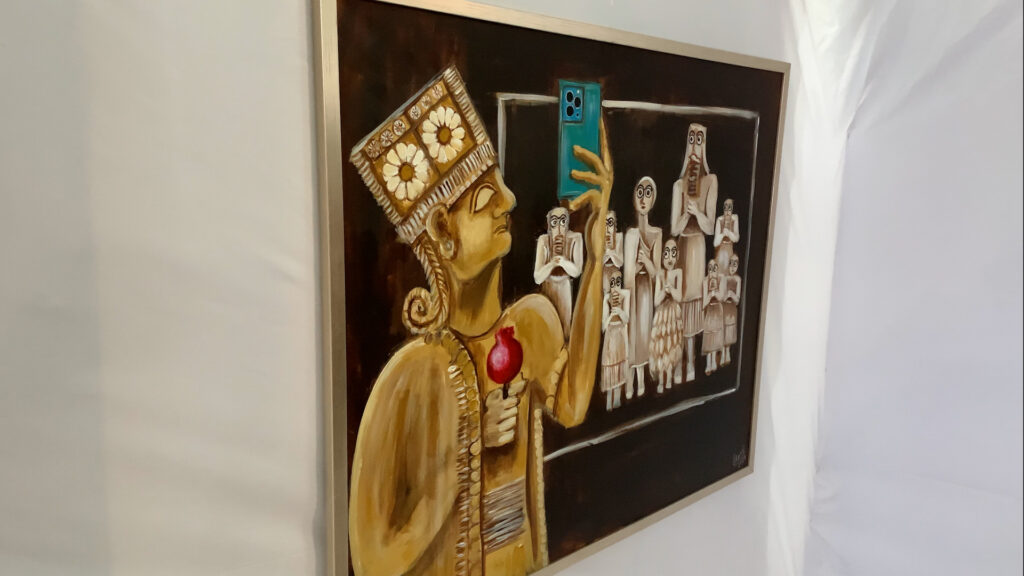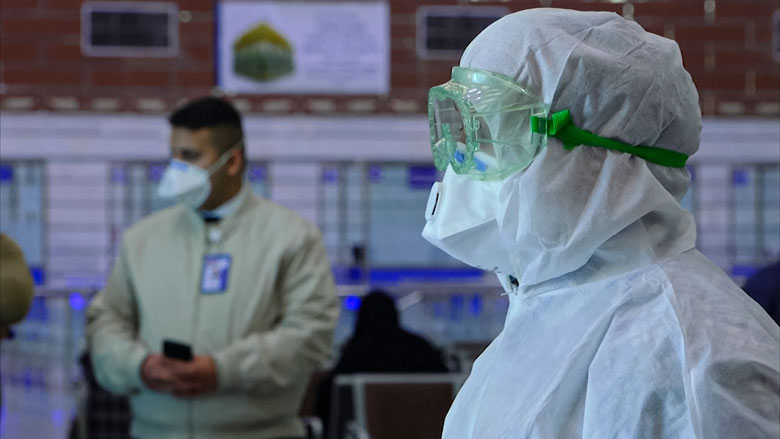Iraq: One family’s 30-hour walk from Syria into Iraq’s Kurdistan Region

Ayesha, her husband and six children, braved a treacherous journey to reach World Food Programme support
Sharon Rapose
Ayesha, a young Syrian Kurd, peers at us shyly from behind five, constantly moving little children. Usually it is they who hide behind her but this is possibly the first time they are receiving visitors in their new home. The family arrived a week before in Duhok governorate, in the Kurdistan Region of Iraq.
Home is perhaps too lavish a word. It’s a canvas tent, clean and new, but small for six people: living room, bedroom, kids’ play room and baby’s room in one. Ayesha smiles and hands me a cushion, insisting I take it. An infant stirs in a cot.
My baby, she explains. Then she points to her children, and their cousins — her brother-in-law’s. When she finally perches on a cushioned mat, I kneel seiza — Japanese-style — opposite her with my two colleagues. Another small girl lifts the front tent flap and rushes in to join, flooding the interior with golden afternoon light.
Ayesha offers us tea, but we prefer to avoid troubling her as the kids are vying for her attention. Our team is hurrying soon to Bardarash camp to meet more newly arrived families, before sundown. Bathed in a little winter sunlight, they are the picture of a lovely family enduring tough times.
“Ahmed, my husband, is a driver,” says Ayesha. “We didn’t have much, but it was enough. We were renting a little apartment in Qamishli.” Their hometown is the capital of Hasakah province in northeast Syria, across the border from Duhok in Iraq’s Kurdistan Region.
“Then the violence started in northeast Syria. We thought about fleeing for Iraq. And we waited longer than other families who left, thinking a pause in military operations might improve things,” she says. “But after weeks, there were no signs of an end. It was either leave or risk our children’s lives — their futures. Ahmed’s brother’s family decided to depart and so did we. And then we walked.”
It was an exhausting 30-hour trek but “we managed to drive part of the way,” she says. Listening to her, I am unable to fathom how you walk with young children — and a baby — kilometre after kilometre.
Ahmed arrives with their nephew and sits with us. When Ayesha explains who we are, he thanks us quietly. I thank them for spending their time with us.
When they arrived at Gawilan camp after the long journey, WFP partner World Vision International, and other organisations, provided food and shelter. WFP gave all new arrivals at Gawilan and Bardarash camps ready-to-eat food packages, issuing one-month rations after two days — lifesaving assistance.
Ayesha shows me the small kerosene stove in the corner just outside the tent, where she cooks for her young family. “It’s simple, but we can eat hot meals.”
“At the border, we’d been given a little water and food, then waited our turn at the registration centre,” she continues. “We had almost nothing left. So we needed help when we arrived.” It turns out that Ayesha and Ahmed’s family paid smugglers to cross the border. Hearing this I, too, am relieved that their 30-hour journey ended here. “I want to work now,” Ahmed tells us, “but we are waiting for our permits and residency.”
Will you all stay in the camp? I ask. “We do want to go home,” says Ayesha. “But only when it is safe.” Some 20,000 refugees from northeast Syria have now fled violence in their hometowns, choosing to prioritise the security of their families, even if the journey to safety is long and perilous.
I wonder if Ayesha and Ahmed know anyone else in the Kurdistan Region. “We have relatives in Domiz camp in Duhok,” says Ayesha, with her face lighting up. “And I am looking forward to seeing them again.”
“Otherwise we have my brother’s family in the tent next-door,” Ahmed adds. “Maybe even too close!”
We all laugh. I’m relieved they are a little less alone than I had feared.
We wish Ayesha, Ahmed and the kids all our best, as we depart for Bardarash. They wave from outside their tent in the sunlight, giving us warm smiles. The children from two families play as if they are one, bonded by common understanding over what they’ve experienced. And, overwhelmingly, by love.
With thanks to the German Federal Foreign Office (GFFO), USAID FFP, Switzerland, Japan, Canada, Belgium and Italy for their continued support to the people reached by the World Food Programme in Iraq.



